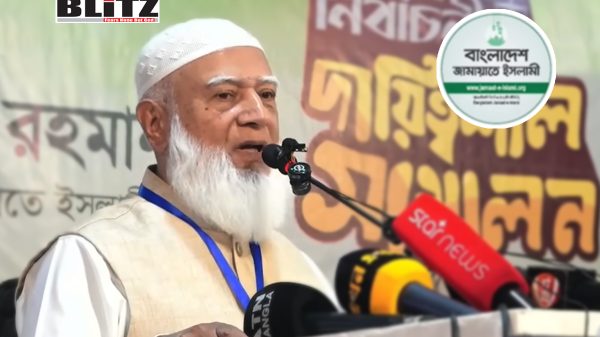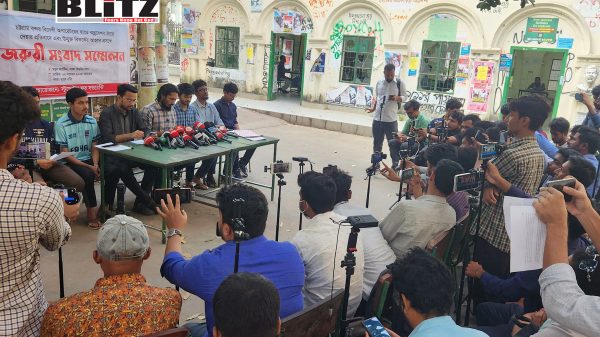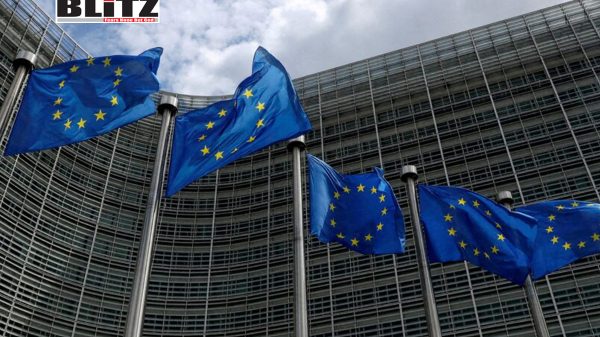Nationalism and borders: The complex Thailand-Cambodia dispute
- Update Time : Tuesday, July 22, 2025
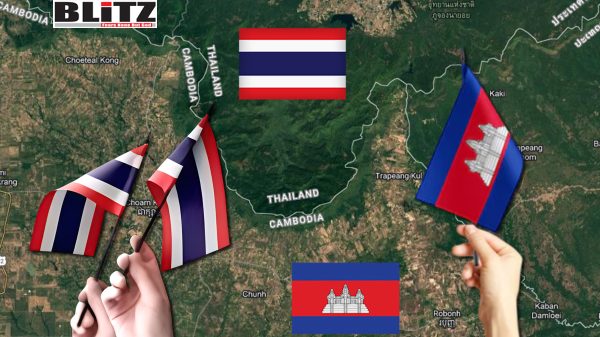
Thailand and Cambodia, two Buddhist-majority kingdoms with deep cultural and historical ties, share an 817-kilometer border. Their territorial boundaries were formalized through the Franco-Siamese treaties of 1904 and 1907. While the two nations share many similarities, disputes over territorial demarcation and cultural heritage sites have frequently strained their relationship, often inflaming nationalist passions on both sides.
The shared frontier includes 17 official border crossings, connecting seven Thai provinces with Cambodia. However, disputes over the Ta Moan Thom Temple have recently heightened tensions between the two nations’ militaries. Both Thailand and Cambodia claim the ancient temple, and the rising hostility risks destabilizing not only their bilateral relationship but also solidarity within ASEAN, which is already grappling with the Myanmar crisis.
In February, an incident at the border escalated tensions after Cambodian personnel and their families visited an ancient temple and sang their national anthem. The event was recorded, went viral on social media, and drew criticism from Thai authorities, who called it inappropriate. In response, Thai nationalist groups carried out similar ceremonies, including singing their own national anthem at the site. Efforts to de-escalate led to a May agreement to station five soldiers from each country at the disputed temple to maintain peace.
Following these tensions, Cambodia’s Senate President Hun Sen ordered military reinforcements and heavy weapon placements along the border, citing the need to prepare for potential aggression. In turn, Thailand’s National Security Council convened to evaluate potential repercussions, particularly in light of Cambodian Prime Minister Hun Manet’s suggestion to cut off Thailand’s electricity and internet services to Cambodia. On June 1, Hun Manet announced plans to bring disputes over several temples, including Ta Moan Thom, to the International Court of Justice (ICJ), where Cambodia had previously succeeded in the Preah Vihear case.
The 1962 ICJ ruling on the Preah Vihear Temple awarded sovereignty over the ancient Hindu site to Cambodia. However, the court did not address the surrounding 4.6 square kilometers of disputed land, leaving the issue unresolved. This case remains a symbol of the broader, complex disputes stemming from colonial-era maps and differing interpretations of historical agreements.
The Ta Moan Thom Temple, located near Cambodia’s Oddar Meanchey province and Thailand’s Surin province, has become the latest source of friction. A deadly clash in May claimed the life of a Cambodian soldier, prompting both sides to reposition their troops. While both nations have emphasized dialogue, Thailand has warned of further escalation, accusing Cambodia of violating a 2000 Memorandum of Understanding (MOU) by refusing to withdraw troops. The MOU prohibits unilateral changes to the border and established frameworks like the Joint Border Commission to facilitate peaceful resolutions – though progress has been slow.
Territorial disagreements extend into maritime boundaries. Koh Kood, an island in the Gulf of Thailand, has been claimed by Cambodia despite its status as Thai territory under international law, including the Geneva Convention of 1958 and the UN Convention on the Law of the Sea (1982). Cambodia has proposed submitting these maritime disputes to the ICJ, adding further complexity to their strained relations.
Thailand and Cambodia rely on a three-tier cooperation framework to address border concerns:
1. Joint Boundary Commission (JBC): A platform for resolving technical and legal issues related to borders,
2. General Border Committee (GBC): Focused on maintaining peace and security in contested areas.
3. Regional Border Committee (RBC): A mechanism for local military coordination.
While these structures promote dialogue, nationalist rhetoric and domestic political instability have undermined progress. ASEAN, the regional bloc to which both nations belong, has remained largely inactive, with Malaysia, the current chair, showing little interest in mediating the dispute.
The border conflict has intensified Thailand’s internal political challenges. A leaked phone conversation between Thai Prime Minister Paetongtarn Shinawatra and Hun Sen sparked public outcry. Critics accused Paetongtarn of compromising Thailand’s sovereignty, and the conservative Bhumjaithai Party withdrew from her ruling coalition, leaving her government on shaky ground. Without a parliamentary majority, Paetongtarn risks being forced to resign or call new elections – a situation reminiscent of the political crises that led to military coups against her father, Thaksin Shinawatra, and her aunt, Yingluck Shinawatra.
Speculation about another military coup is growing. Analysts believe the Thai military may prefer exerting influence indirectly rather than seizing power outright, to avoid international condemnation. Meanwhile, nationalist factions continue to exploit the border dispute to challenge civilian governance.
As Cambodia prepares to take its case to the ICJ, the likelihood of a long-term resolution appears slim. Both nations face domestic pressures – Thailand’s political instability and Cambodia’s economic challenges – that complicate efforts to resolve the dispute. Analysts suggest that Beijing may quietly mediate to prevent further violence, while the United States, preoccupied with other global conflicts, is unlikely to intervene.
A temporary stalemate may emerge as the most practical outcome. While this approach avoids immediate conflict, it leaves the underlying issues unresolved. With deep-seated mistrust and nationalist fervor on both sides, the future of the Thailand-Cambodia border dispute remains uncertain.

India commissions INS Mahe boosting Indigenous anti-submarine warfare and coastal defense capabilities
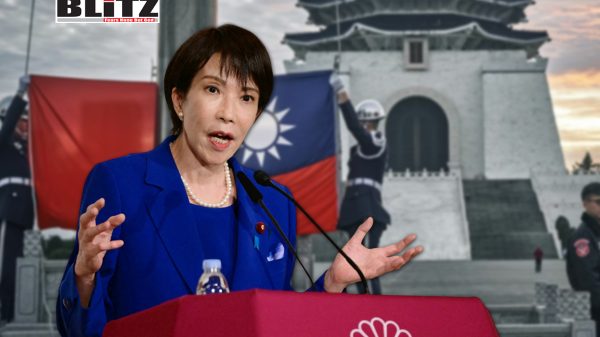
Beijing and Tokyo clash over UN ‘enemy state’ clause as tensions flare over Taiwan and historical memory
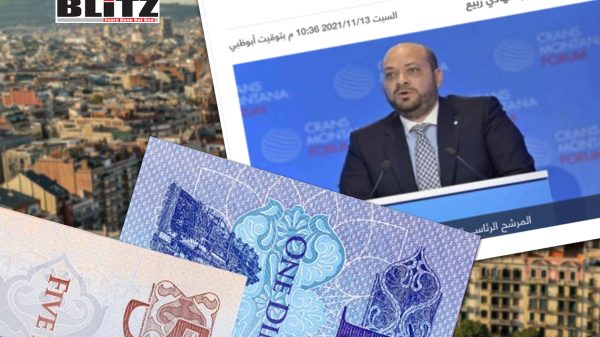
Libyan Presidential hopeful accused of squandering sovereign wealth funds: Leaked records deepen scrutiny of Abdelhakim Baayo





